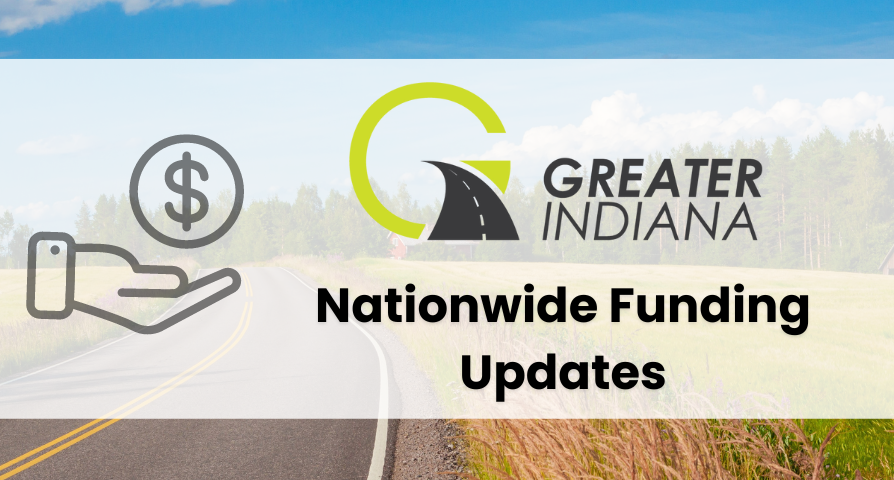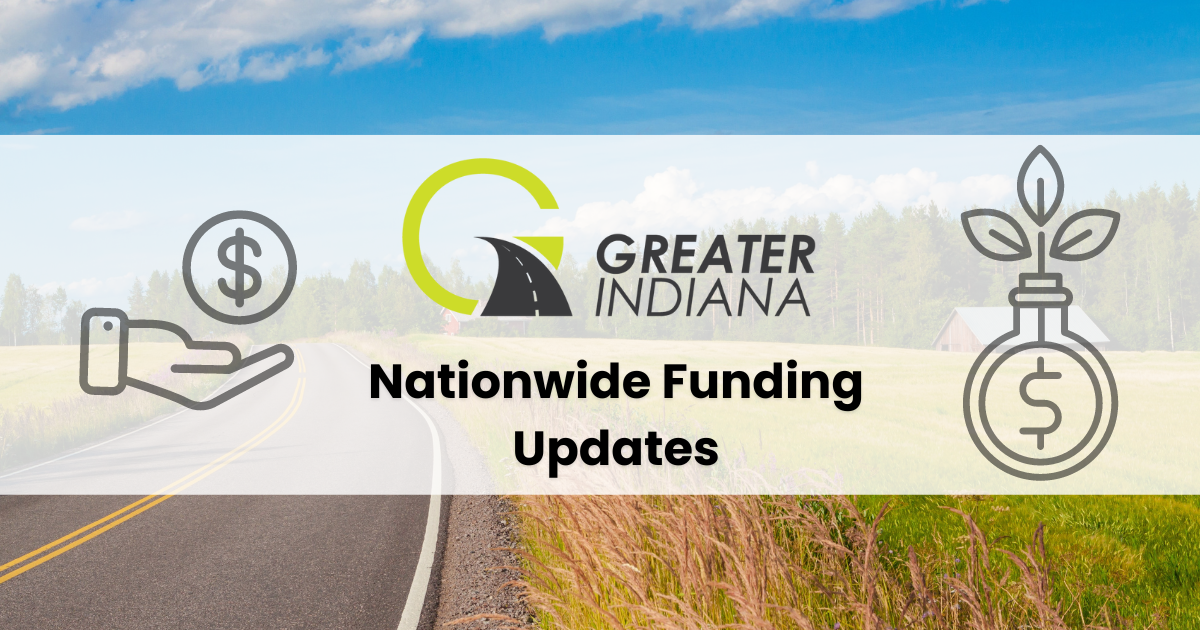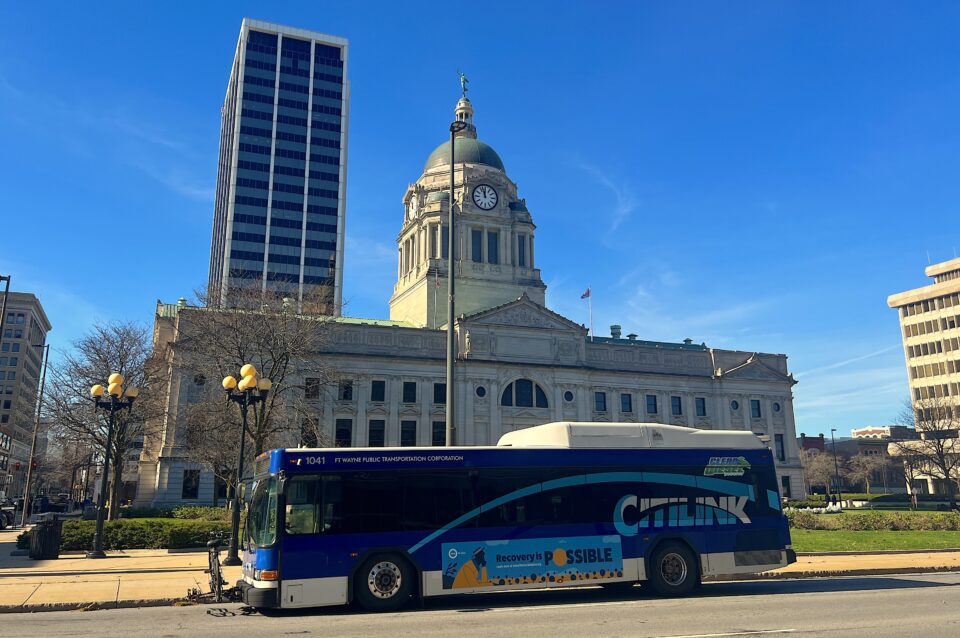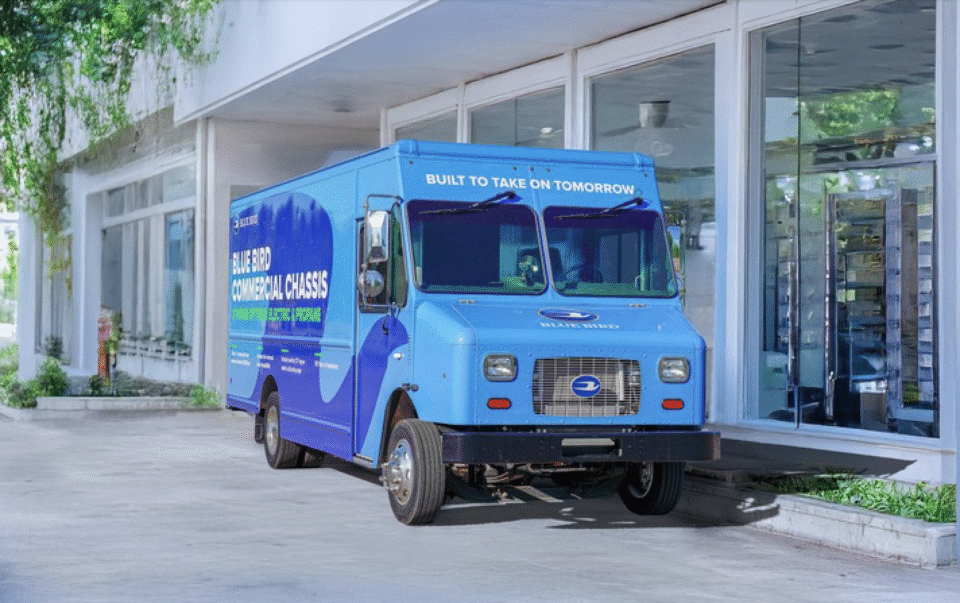Over $328 Million Invested in Charging Infrastructure, Battery R&D, and Clean Mobility Initiatives

In a transformative stride towards advancing America’s sustainable transportation future, the Biden-Harris Administration has announced a comprehensive investment strategy encompassing over $328 million in the last week. These varying federal grant programs address critical aspects of the electric vehicle (EV) and alternative fuel landscape, from bolstering EV charging infrastructure and supporting clean mobility solutions to advancing research and development (R&D) in EV batteries and charging systems.On January 18, the Biden-Harris Administration announced nearly $150 million in the Electric Vehicle Charger Reliability and Accessibility Accelerator program. Distributed to 24 grant recipients across 20 states, this funding aims to replace or repair approximately 4,500 existing electric vehicle (EV) charging ports. The effort, part of the National Electric Vehicle Infrastructure (NEVI) Formula Program, addresses the need to improve the reliability of the current EV charging network. The focus is on repairing or replacing non-operational EV chargers to ensure a reliable and accessible charging infrastructure, supporting the administration’s goal of having 500,000 operational EV chargers by 2030. The Indiana Department of Transportation and Indiana Municipal Power Agency were among those selected for funding. Their separate awards will go toward replacing and/or repairing a total of 57 ports in Indiana.
Read more about the Electric Vehicle Charger Reliability and Accessibility Accelerator program awards
January 18 also announced selections for the FY23 Vehicle Technologies Office Program Wide Funding Opportunity. The U.S. Department of Energy (DOE) is allocating over $131 million to advance R&D in EV batteries and charging systems. The funding includes support for a consortium addressing critical priorities for widescale EV commercialization. The selected projects, totaling $71 million, aim to lower the cost of EV batteries, improve public transportation efficiency, advance on-board EV charging systems, and increase EV drive range. Purdue University was selected for their project under the Mechanistic Modeling of Li-S Batteries category. Cummins was chosen for the Advanced Wireless Charging Concepts for Heavy-Duty Vehicles and Hydrogen Combustion Engines categories. The United States Advanced Battery Consortium LLC (USABC) will also receive $60 million for pre-competitive, vehicle-related advanced battery R&D, focusing on enhanced performance, earth-abundant materials, and more cost-efficient battery recycling processes.
Read more about the Vehicle Technologies Office Program Wide Funding Opportunity
On January 19, the Biden-Harris Administration announced a $46.5 million investment in 30 projects across 16 states and Washington, D.C., for the Ride and Drive grant program through the Joint Office of Energy and Transportation. These projects aim to enhance electric vehicle (EV) charging performance, resiliency, and reliability, support equitable access to clean transportation, and contribute to growing the clean energy workforce. The funding aligns with the administration’s goal of establishing a national network of 500,000 public EV charging ports by 2030 and achieving net-zero emissions by 2050. Within those awarded, AES Indiana is a project partner for Iowa State University’s submission. Their project includes designing “resilience plans for Indianapolis, Dayton, and Ames including evaluation and visualization of electrical resilience of EV Charging, guidance for grid hardening and future EV Charging placement; benefit-cost ratios of different technologies; storm preparation and restoration strategies considering EV Charging and energy justice.” The Children’s Museum of Indianapolis was also awarded for their project to “develop a community-driven EV charging business model that, once operationalized, will create up to 60 publicly accessible chargers on TCMI’s’ campus in Mid-North Indianapolis.”
Read more about the Joint Office Ride and Drive grant awards





